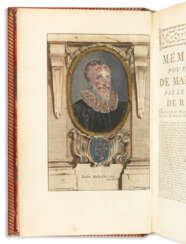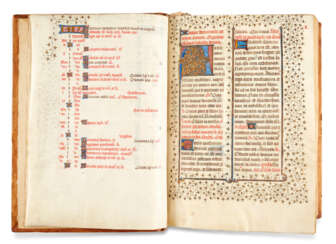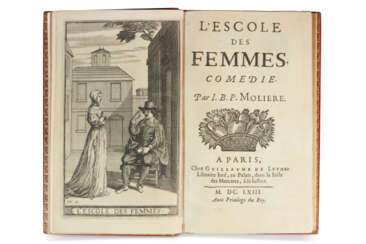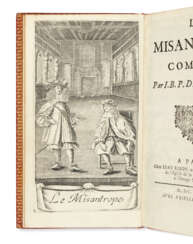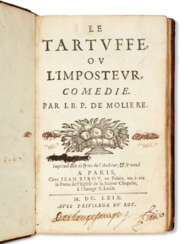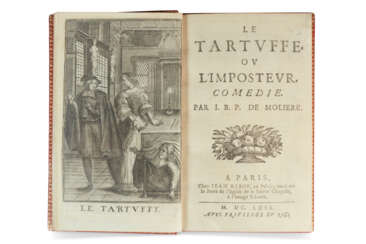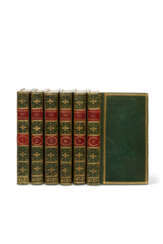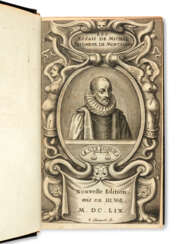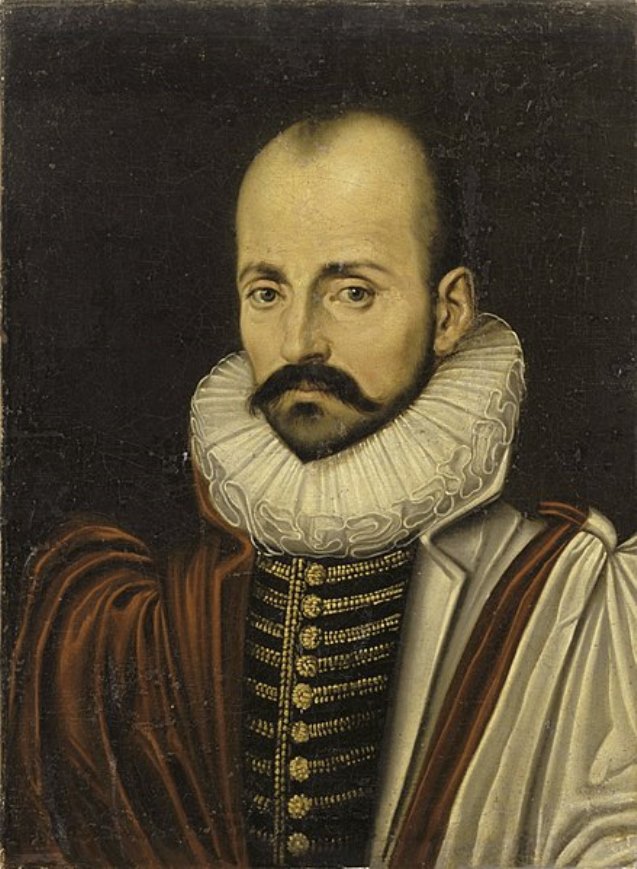
Livres rares et Manuscrits
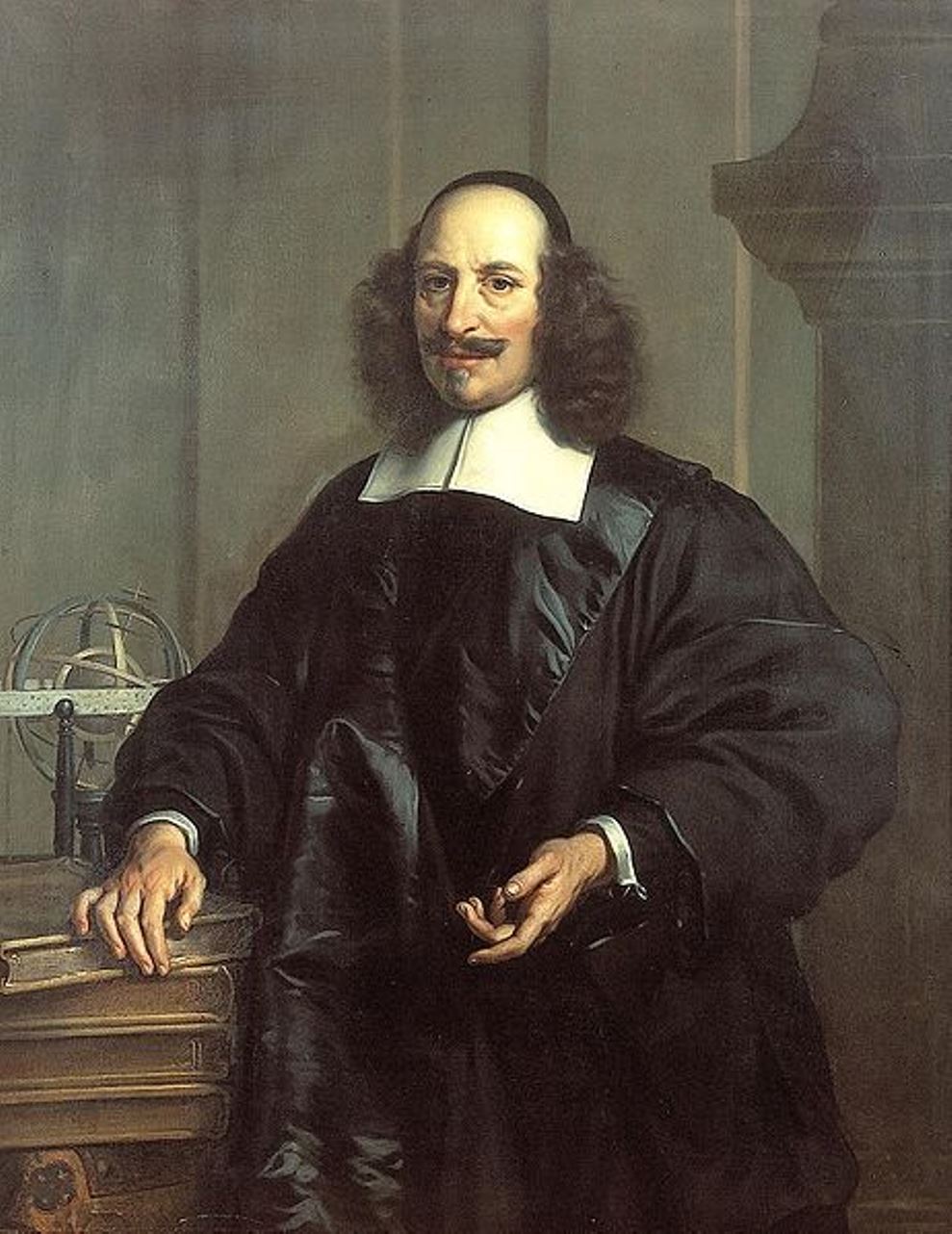
Jan (Joan) Willemsz. Blaeu was a Dutch cartographer, publisher and judge.
Jan was born into the family of the cartographer and publisher Willem Janszoon Blaeu (1571-1638). He studied in Leiden, where he earned a doctorate in law, and in Padua. He then began to assist his father, who was engaged in the manufacture of globes and maps. After his father's death, Jan, together with his brother Cornelius, continued his work, and succeeded him as cartographer for the Dutch East India Company.
In 1651 Blaeu was elected to the Amsterdam city council and later appointed as a judge. At the same time, he was engaged in his publishing business: he continued to publish volumes of Atlas novus, which contained maps of English counties and, for the first time, an atlas of Scotland, as well as one volume of maps of the Far East.
Blaeu did not have time to complete his most ambitious project, but it made him famous as the author of the famous 11-volume Dutch atlas. Based on his previous maps, Blaeu created the Great Atlas (Atlas Maior) - it contained nearly 600 maps and a total of 3,000 pages of Latin text - and was published in 1662. Blaeu's maps were groundbreaking for their time because they were created in accordance with the heliocentric theories of Nicolaus Copernicus.
In 1672, a great fire in Amsterdam destroyed Blaeu's workshop, and the cartographer died a year later, apparently never recovering from this stroke of fate.

Jacques Callot was a baroque printmaker and draftsman from the Duchy of Lorraine (an independent state on the north-eastern border of France, southwestern border of Germany and overlapping the southern Netherlands). He is an important person in the development of the old master print. He made more than 1,400 etchings that chronicled the life of his period, featuring soldiers, clowns, drunkards, Gypsies, beggars, as well as court life. He also etched many religious and military images, and many prints featured extensive landscapes in their background.
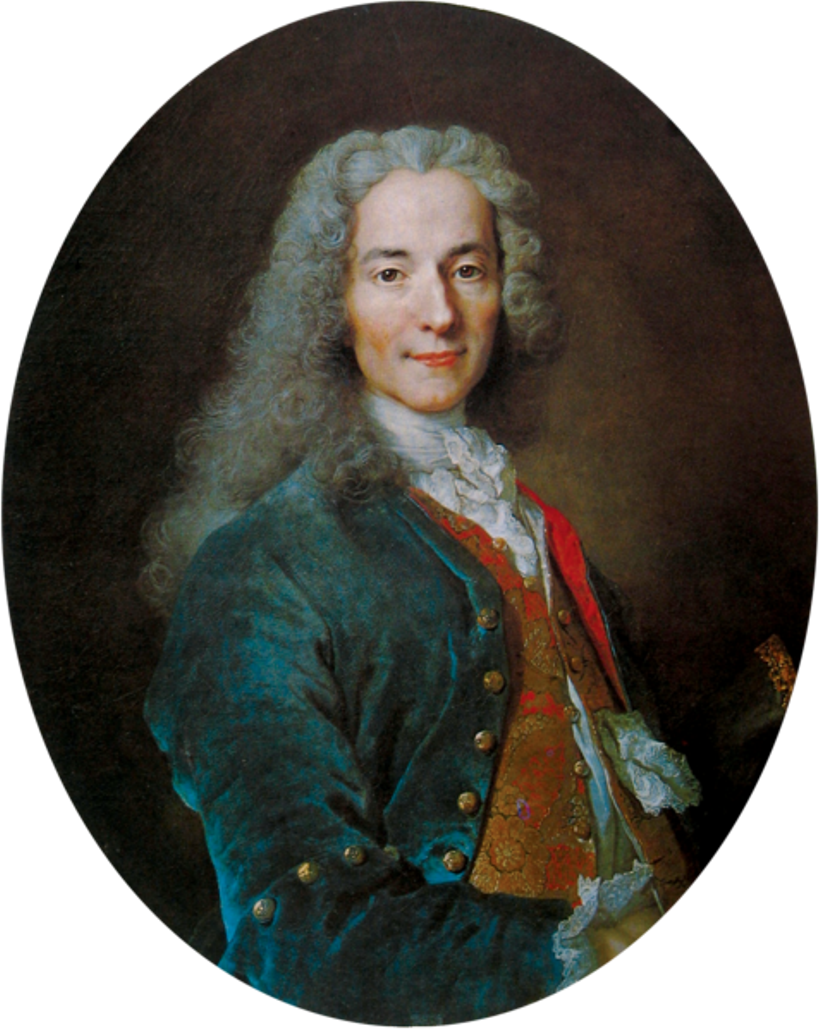
Voltaire, born François Marie Arouet, was a French philosopher-enlightener of the French Enlightenment, poet and writer, satirist, tragedian, historian and essayist.
Voltaire's long life fell on the last years of classicism and the eve of the revolutionary era, and in this transitional period his works and activities had a significant impact on the direction of European civilization. Through his critical freethinking and wit, Voltaire won the minds of many 18th century European rulers. To this day, he continues to enjoy worldwide fame as a courageous fighter against tyranny, bigotry, and cruelty.
Voltaire was an advocate of freedom of speech, freedom of religion and separation of church and state. He was a versatile and prolific writer in all literary forms, including plays, poems, novels, essays, histories, and scholarly expositions. In total, he wrote more than 20,000 letters and 2,000 books and pamphlets. Voltaire's most famous works are the tragic play Zaire, the historical study The Age of Louis XIV, and the satirical novella Candide.
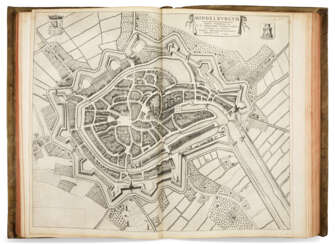



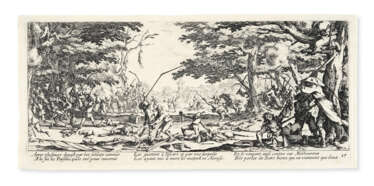

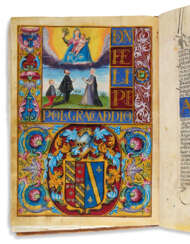

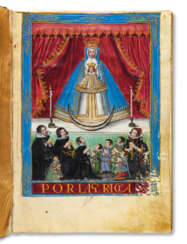

![[CHRONIQUES DE SAINT-DENIS]](/assets/image/picture_2931987/6c957/619ef91f24f3a9a6e31a1fb9c16b62ad1687420800jpg__fix_374_244.jpeg)
![[CHRONIQUES DE SAINT-DENIS]](https://veryimportantlot.com/assets/image/picture_2931987/6c957/619ef91f24f3a9a6e31a1fb9c16b62ad1687420800jpg__fix_374_244.jpeg)


![[CONSTITUTION FRANÇAISE]](/assets/image/picture_2931993/54dbc/5479a4e59ee3af9cc9f1b316e694e87b1687420800jpg__fix_374_244.jpeg)
![[CONSTITUTION FRANÇAISE]](https://veryimportantlot.com/assets/image/picture_2931993/54dbc/5479a4e59ee3af9cc9f1b316e694e87b1687420800jpg__fix_374_244.jpeg)
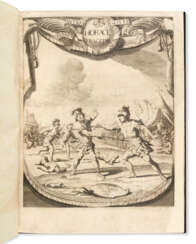

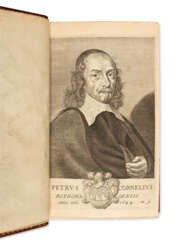

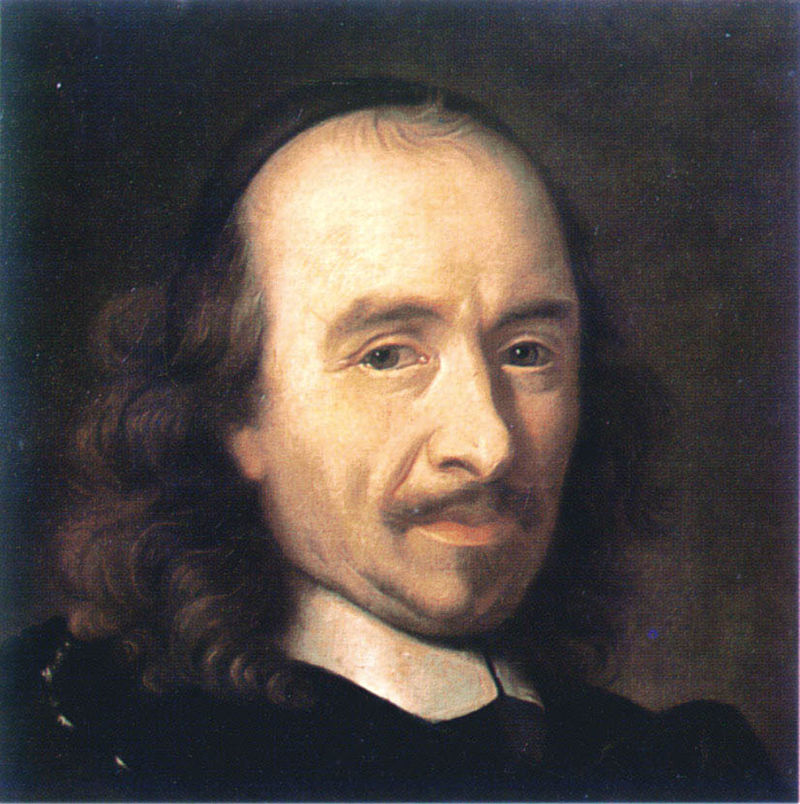
![[CURIOSA] Abbé de FAVRE](/assets/image/picture_2932002/6dcd2/50a8b4ee528ea286f80d80da9e390f1a1687420800jpg__fix_374_244.jpeg)
![[CURIOSA] Abbé de FAVRE](https://veryimportantlot.com/assets/image/picture_2932002/6dcd2/50a8b4ee528ea286f80d80da9e390f1a1687420800jpg__fix_374_244.jpeg)
![CURIOSA - [André-Robert Andréa de NERCIAT (1739-1800)]](/assets/image/picture_2932004/b2f94/4266058edd6598e933e409b4da482c7c1687420800jpg__fix_374_244.jpeg)
![CURIOSA - [André-Robert Andréa de NERCIAT (1739-1800)]](https://veryimportantlot.com/assets/image/picture_2932004/b2f94/4266058edd6598e933e409b4da482c7c1687420800jpg__fix_374_244.jpeg)
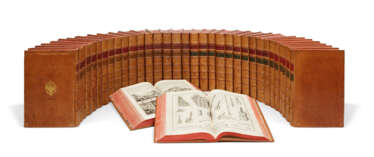

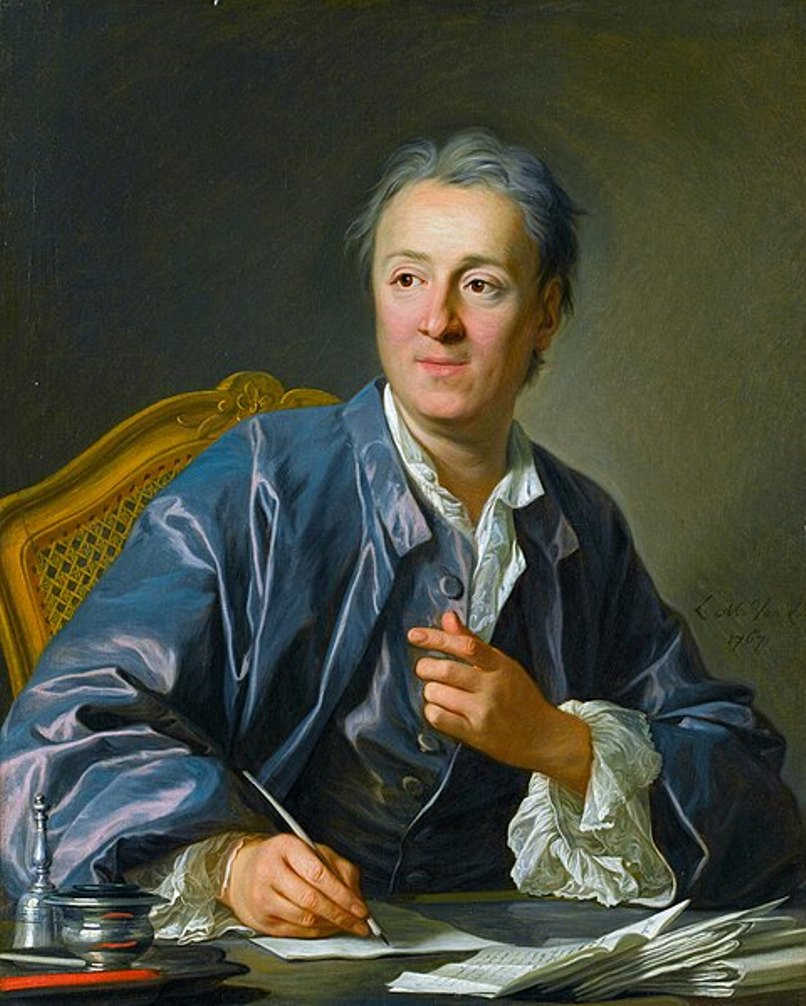
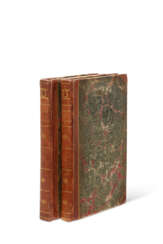

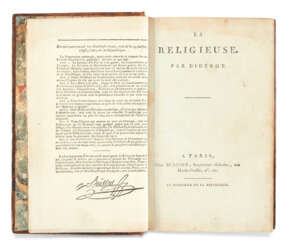

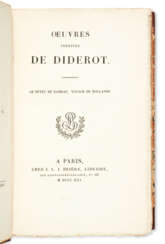

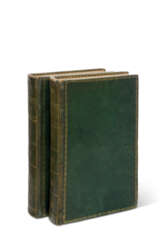

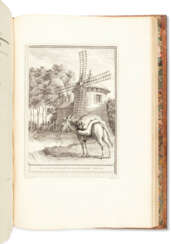

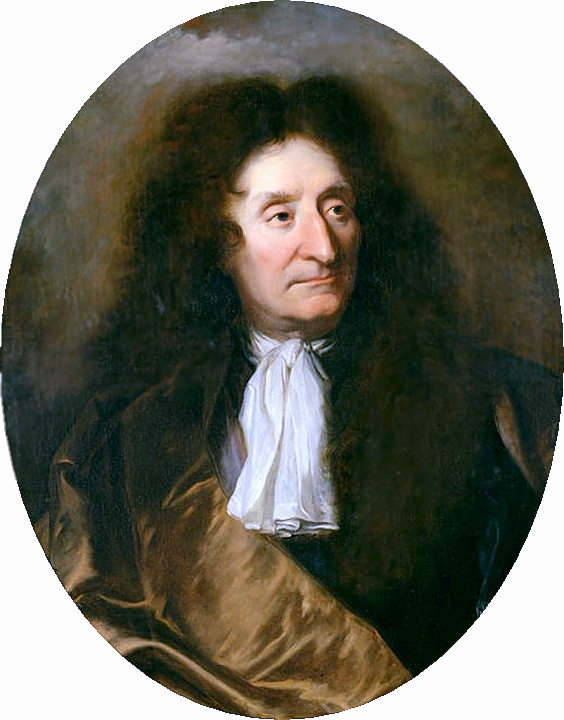
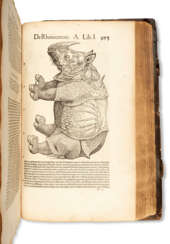

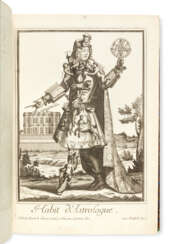

![[LA SALE, Antoine de (circa 1386-1462), attribué à] et Romeyn de HOOGHE (1645-1708)](/assets/image/picture_2932045/be405/fc69385dc1b0fe51b3a02e03a99baf3a1687420800jpg__fix_374_244.jpeg)
![[LA SALE, Antoine de (circa 1386-1462), attribué à] et Romeyn de HOOGHE (1645-1708)](https://veryimportantlot.com/assets/image/picture_2932045/be405/fc69385dc1b0fe51b3a02e03a99baf3a1687420800jpg__fix_374_244.jpeg)
![[LÉPICIÉ, Nicolas-Bernard (1735-1784) – Charles MONNET (1732-1808)].](/assets/image/picture_2932046/30b39/4011536f6fe9714f665693807fd06f111687420800jpg__fix_374_244.jpeg)
![[LÉPICIÉ, Nicolas-Bernard (1735-1784) – Charles MONNET (1732-1808)].](https://veryimportantlot.com/assets/image/picture_2932046/30b39/4011536f6fe9714f665693807fd06f111687420800jpg__fix_374_244.jpeg)
